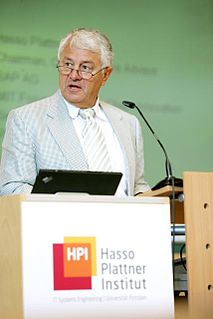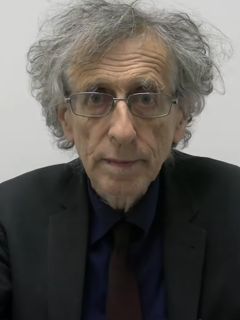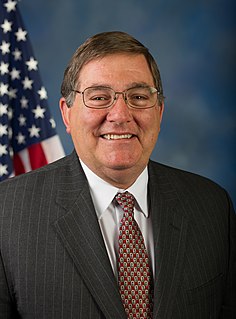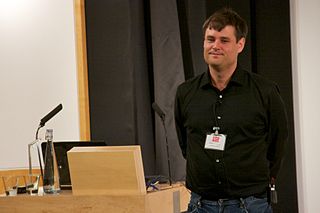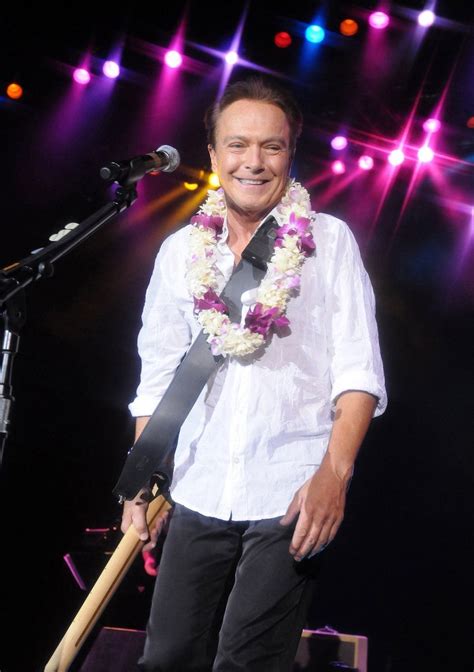A Quote by Ginni Rometty
We share no data with the government anywhere in the world.
Quote Topics
Related Quotes
If I was in government and running government, I think I would use the government data, because I wouldn't know where else to look, quite frankly. And if I didn't like that data, I would work hard to make sure it got better and better and better, whether it was at the state or local or federal level.
We will continue to work with agencies across the government to unleash the power of open data and to make government data more accessible and usable for entrepreneurs, companies, researchers, and citizens everywhere - innovators who can leverage these resources to benefit Americans in a rapidly growing array of exciting and powerful ways.
We have to remember that information sharing is restricted by legal barriers and cultural barriers and by the notion that information is power and therefore should be hoarded so if you share information you can extract something in exchange. In today's digital online world, those who don't share information will be isolated and left behind. We need the data of other countries to connect the dots.
The quantum entered physics with a jolt. It didn't fit anywhere; it made no sense; it contradicted everything we thought we knew about nature. Yet the data seemed to demand it. ... The story of Werner Heisenberg and his science is the story of the desperate failures and ultimate triumphs of the small band of brilliant physicists who-during an incredibly intense period of struggle with the data, the theories, and each other during the 1920s-brought about a revolutionary new understanding of the atomic world known as quantum mechanics.


